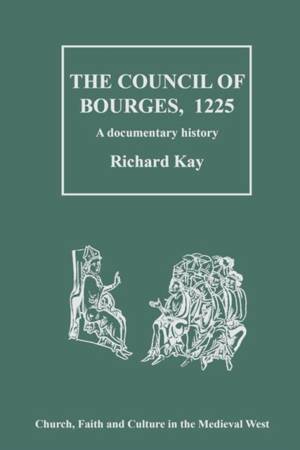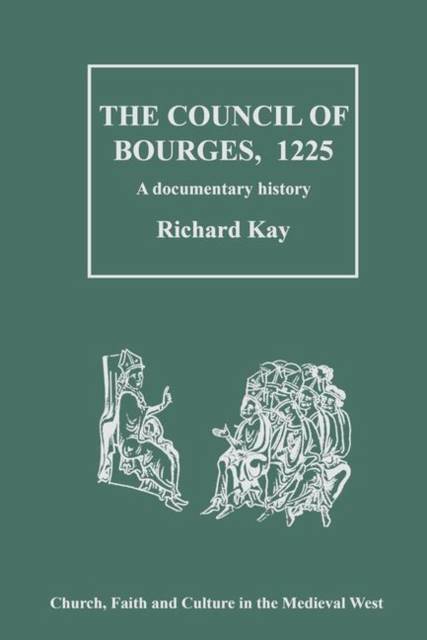
- Retrait gratuit dans votre magasin Club
- 7.000.000 titres dans notre catalogue
- Payer en toute sécurité
- Toujours un magasin près de chez vous
- Retrait gratuit dans votre magasin Club
- 7.000.0000 titres dans notre catalogue
- Payer en toute sécurité
- Toujours un magasin près de chez vous
Description
Never before had France had a church council so large: almost 1000 churchmen assembled at Bourges on 29 November 1225 to authorize a tax on their incomes in support of the Second Albigensian Crusade. About one third were representatives sent by corporate bodies, in accordance with a new provision of canon law that insisted, for the first time ever, that there should be no taxation without representation. Basing himself on the rich surviving records, Professor Kay paints a skilful portrait of the politics of the council and the clashes between the papal legate and local bishops. The book also draws out the importance and implications of what took place, highlighting the council's place at the fountainhead of European representative democracy, the impact of the decisions made on the course of the Albigensian Crusade, the reform of monasticism, and the funding of the papal government which was left to rely on stop-gap expedients, such as the sale of indulgences. In addition, the author suggests that the corpus of texts, newly edited from the original manuscripts and with English translation, could be seen as a model for the revision of the conciliar corpus, most of which still remains based on 18th-century scholarship.
Spécifications
Parties prenantes
- Auteur(s) :
- Editeur:
Contenu
- Nombre de pages :
- 620
- Langue:
- Anglais
- Collection :
Caractéristiques
- EAN:
- 9780754608035
- Date de parution :
- 31-05-02
- Format:
- Livre relié
- Format numérique:
- Genaaid
- Dimensions :
- 156 mm x 234 mm
- Poids :
- 1038 g

Les avis
Nous publions uniquement les avis qui respectent les conditions requises. Consultez nos conditions pour les avis.






